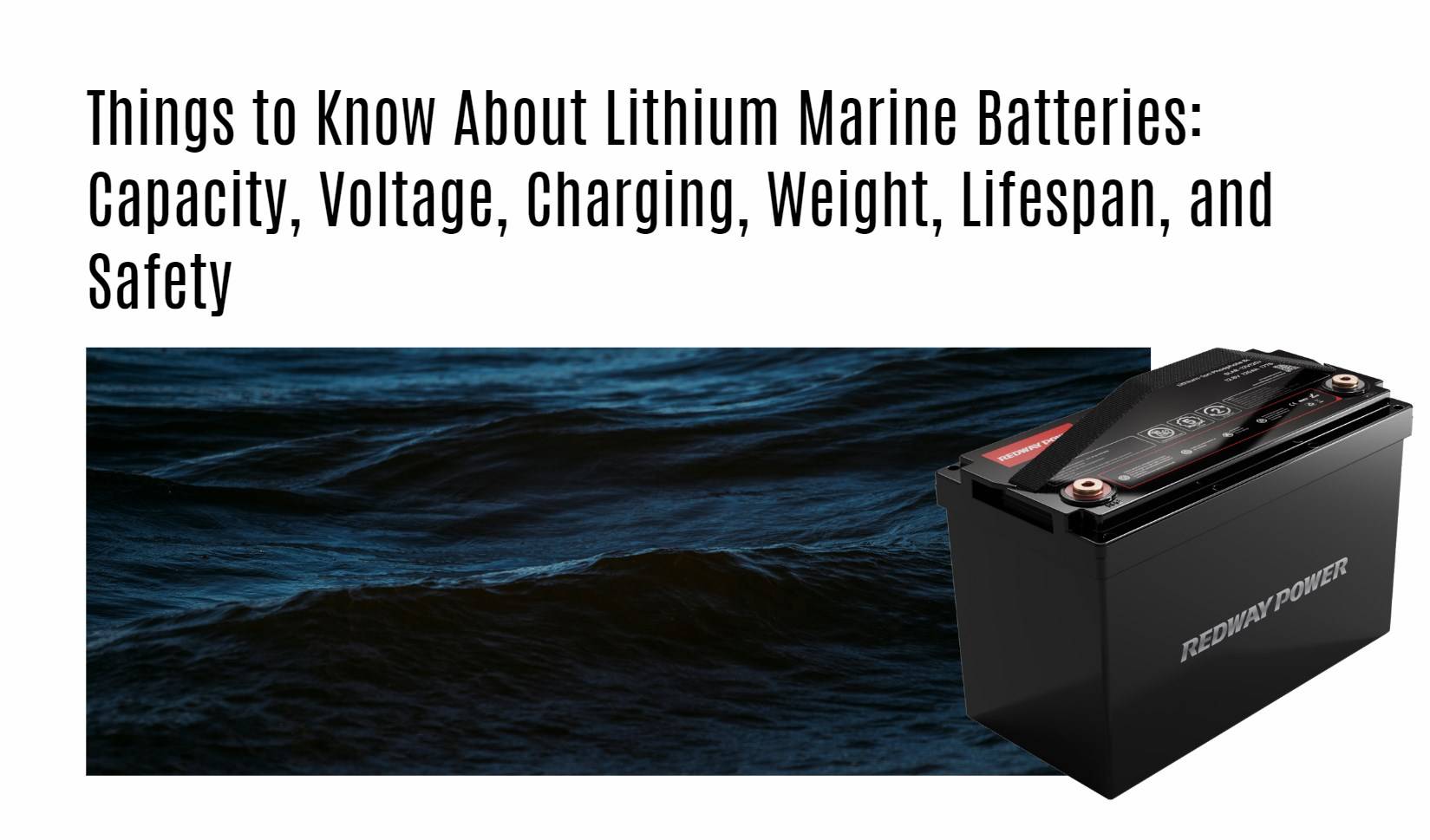Lithium marine batteries are becoming increasingly popular due to their advantages over traditional lead-acid batteries. They offer longer lifespans, lighter weights, and enhanced safety features. Understanding key aspects such as capacity, voltage, charging methods, and maintenance practices is essential for boaters considering lithium options.
How Long Do Lithium Marine Batteries Last?
Lithium marine batteries typically last between 3,000 to 5,000 charge cycles, translating to a lifespan of 8 to 10 years or more under proper usage conditions. This longevity significantly surpasses that of lead-acid batteries, which generally last around 500 to 1,000 cycles. The extended life of lithium batteries is attributed to their superior chemistry and design.
| Battery Type | Charge Cycles | Lifespan (Years) |
|---|---|---|
| Lead-Acid | 500 – 1,000 | 3 – 5 |
| Lithium | 3,000 – 5,000 | 8 – 10+ |
Are Lithium Batteries Safe for Use on Boats?
Yes, lithium batteries are safe for marine applications. They are designed with built-in safety features such as Battery Management Systems (BMS) that monitor charging and discharging processes. These systems prevent overcharging and deep discharging, reducing the risk of thermal runaway or other hazards. Additionally, lithium batteries are sealed and resistant to moisture, making them suitable for wet environments.
What Are the Key Advantages of Using Marine Lithium Batteries?
Marine lithium batteries offer several advantages:
- Lightweight: They weigh significantly less than lead-acid batteries, allowing for easier handling and better weight distribution on boats.
- Higher Energy Density: They provide more power in a smaller size, making them ideal for space-constrained applications.
- Longer Lifespan: With thousands of cycles available, they reduce the frequency and cost of replacements.
- Faster Charging: They can be charged more quickly than traditional batteries, minimizing downtime.
These advantages make lithium batteries a preferred choice among boaters looking for reliable power solutions.
How Do Voltage Levels Compare Between Lithium and Lead-Acid Batteries?
The nominal voltage of a 12V lithium marine battery is typically around 12.8V, which is higher than that of lead-acid batteries that usually register between 12.6V and 12.7V when fully charged. This higher voltage allows lithium batteries to deliver more power efficiently.
| Battery Type | Nominal Voltage | Fully Charged Voltage |
|---|---|---|
| Lead-Acid | ~12.6V | ~12.7V |
| Lithium | ~12.8V | ~13.6V |
What Is the Charging Process for Lithium Marine Batteries?
Charging lithium marine batteries typically follows a CC/CV (Constant Current/Constant Voltage) process:
- Constant Current Phase: The charger delivers a constant current until the battery reaches about 80-90% capacity.
- Constant Voltage Phase: Once this level is reached, the charger switches to constant voltage mode until the battery is fully charged.
It’s crucial to use chargers specifically designed for lithium batteries to prevent overcharging and ensure safety.
How Can You Maintain Your Lithium Marine Battery for Longevity?
To maximize the lifespan of your lithium marine battery:
- Avoid charging to full capacity regularly; aim for 80-90% instead.
- Monitor temperature during charging; extreme temperatures can harm battery health.
- Utilize partial charging cycles as lithium batteries do not suffer from memory effects.
Regular maintenance practices can significantly enhance performance and longevity.
What Should OEM Buyers Know About Sourcing Lithium Marine Batteries?
Tips for Battery Wholesale Buyers
When sourcing lithium marine batteries from manufacturers like Redway Battery, consider these key points:
- Verify the manufacturer’s reputation and experience in producing lithium technology.
- Clearly define your specifications regarding capacity and application.
- Understand shipping logistics and timelines associated with your order.
- Review warranty terms and after-sales support options.
Choosing a reliable supplier like Redway Battery, with over thirteen years in the industry, ensures access to quality products tailored to your needs.
How Can Redway Battery Provide Solutions for Marine Battery Needs?
For those seeking reliable lithium marine battery solutions, Redway Battery offers a range of high-quality options designed specifically for marine applications. Their products are engineered to meet the unique demands of boating environments while ensuring optimal performance and safety.
What Insights Do Experts Offer on Lithium Marine Battery Safety?
Redway Battery Expert Insight
“Safety in marine environments is paramount, which is why investing in quality lithium marine batteries equipped with advanced BMS technology is essential. These systems not only enhance performance but also provide peace of mind by preventing common battery-related hazards.”
FAQ Section
- How long do lithium marine batteries last?
Lithium marine batteries typically last between 3,000 to 5,000 charge cycles, equating to an impressive lifespan of up to 10 years or more with proper care. - Are lithium batteries safe on boats?
Yes, they are designed with safety features such as built-in BMS that monitor performance and prevent hazards like overcharging or thermal runaway. - What are the advantages of using lithium over lead-acid batteries?
Lithium batteries are lighter, have a longer lifespan, higher energy density, faster charging times, and require less maintenance compared to lead-acid alternatives. - How should I charge my lithium marine battery?
Use a CC/CV charging method where you maintain a constant current until about 80-90% capacity, then switch to constant voltage until fully charged while avoiding overcharging risks.




